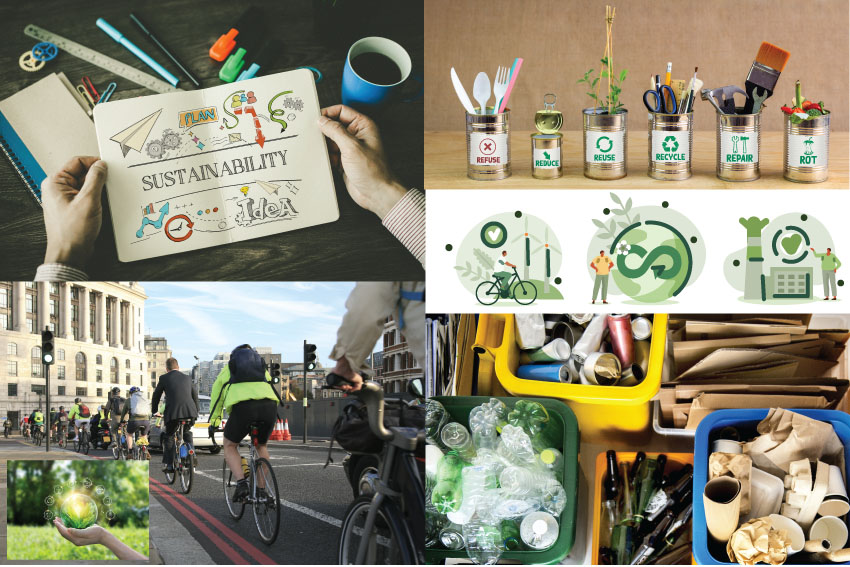
In the modern world, sustainability has become an increasingly important element of running a respectful business. It attracts customers and employees while also building credibility for your brand. Sustainability within your business proves that you don’t just care about your Return on Investment (ROI), but that there are wider, global issues you want to face, too.
In 2023, however, many corporations are finding that sustainability must take a back seat while they tackle the cost-of-living crisis. How does a decision like this one affect a business, and what can we expect moving forward?
How Sustainability Helps Business
Corporate sustainability is a great way to showcase your business as one of the ‘good ones’, as your brand instantly becomes more empathetic and relatable to your customer.
A green business functions in the best interest of local and global environments. It measures its merit on its impact on society and the wider world as well as their profits. Sustainability actually has a direct effect on both of these things. Not only does your company look more socially aware when discussing sustainability, but it also has a positive impact on your internal profit. According to Forbes, a good sustainability strategy could affect operating costs by as much as 60%.
It’s estimated that in 2018, the UK produced 43.9 million tonnes of commercial and industrial waste. Reducing this number should be a priority for all businesses.
Is Corporate Sustainability A Lesser Priority?
In 2023, a Software AG white paper found that 95% of companies listed sustainability as a high priority. However, 84% admitted that it had moved down the list due to the cost-of-living crisis, where commercial objectives have taken priority.
It seems that instead, most companies are focusing on increasing investments in current technology over sustainability. Software AG’s whitepaper also found that 69% of CEOs plan to move money around from other areas of their businesses in order to gain new technology and new employee talent.
However, businesses still consider sustainability to be of huge importance when deciding who they buy from. The same white paper reports that 97% of CEOs state that sustainability is ‘either essential or important’ when making their own purchasing decisions.
One of the main challenges, perhaps, is that businesses tend to see sustainability as a separate issue to anything else; 84%, for example, see sustainable and digital transformation as separate initiatives, when both are vital to the growth and audience perception of a company.
Corporate Sustainability Examples
If large-scale sustainability isn’t a realistic option for your business right now, there are still plenty of ways that you can improve your business’ sustainability at a basic level in your own office. You could try:
- Reducing food waste
- Using sustainable materials in production
- Introducing a recycling programme
- Taking part in community projects, like tree planting
- Or minimising travel, like introducing a cycle to work scheme.
The importance of sustainability in business, or in general, isn’t becoming less important. Unfortunately, however, this is becoming more difficult to achieve due to the cost-of-living crisis.
Encourage Sustainability with Label Source
At Label Source, we have all the environmental signage you need to help your workplace and employees act with sustainability in mind. Start browsing today or get in touch for more information.
You can also check out our blog or follow us on Twitter to stay up to date with the latest news on Health and Safety.